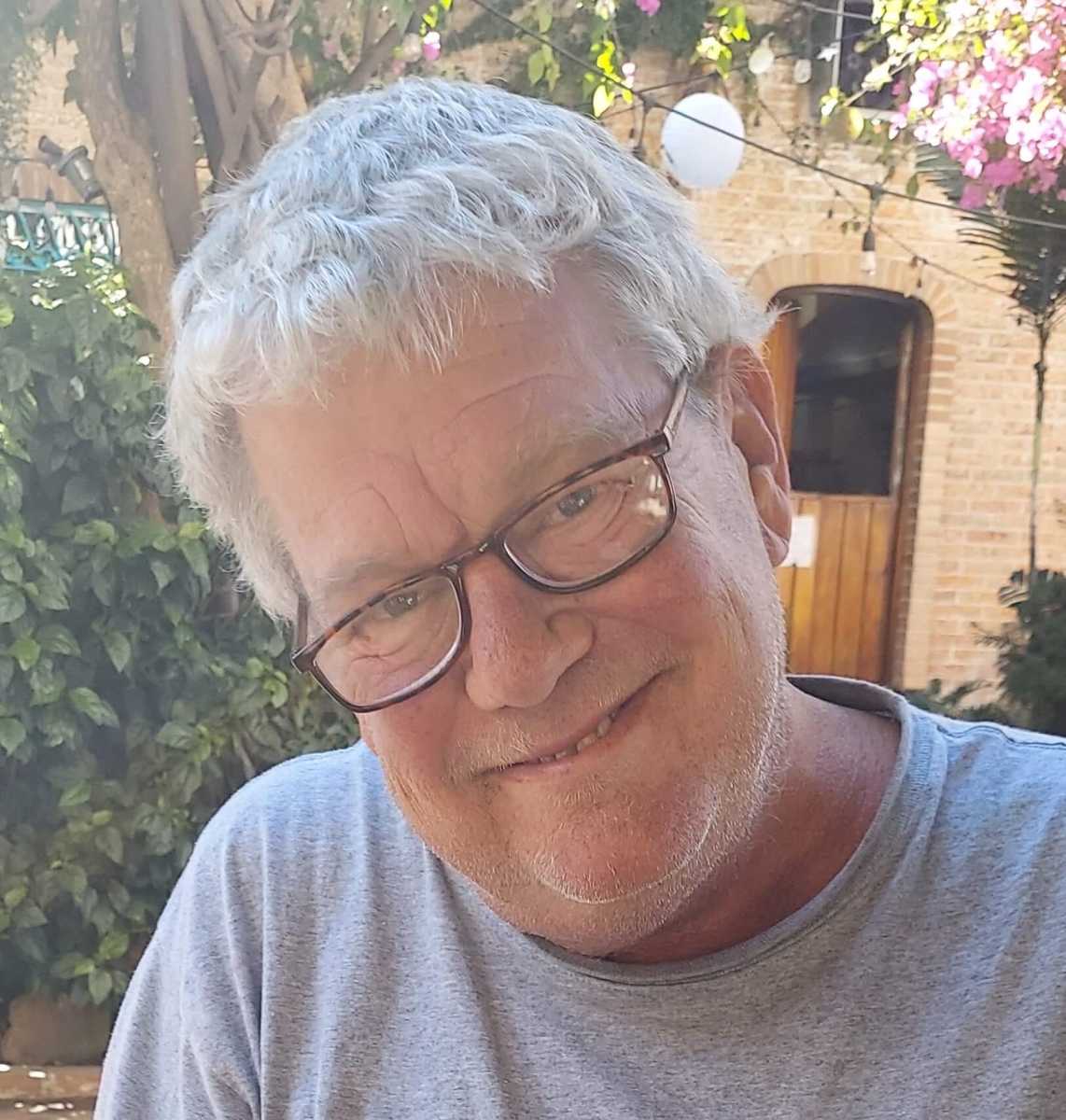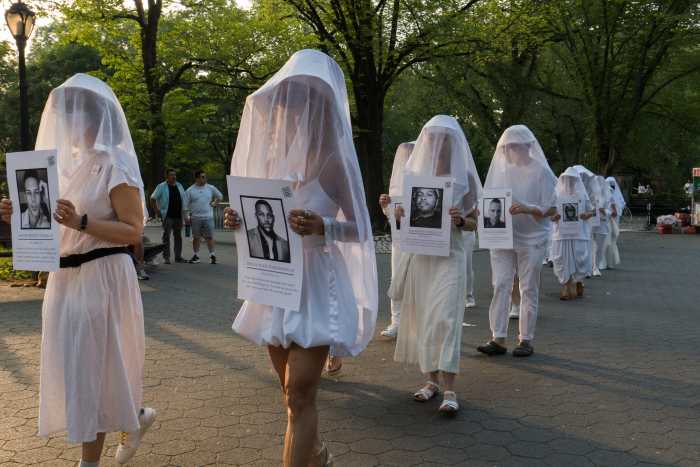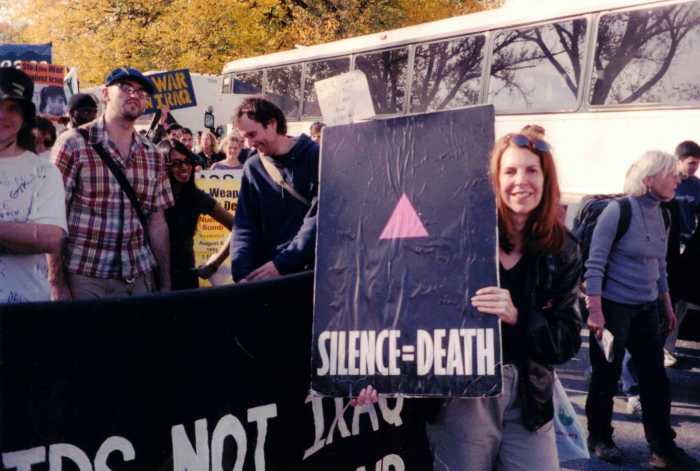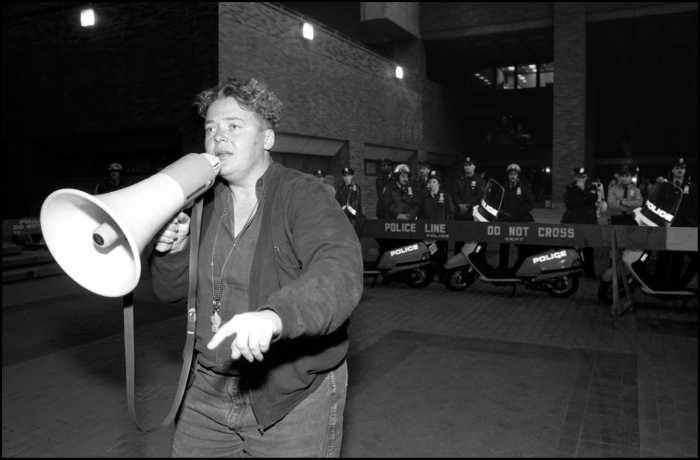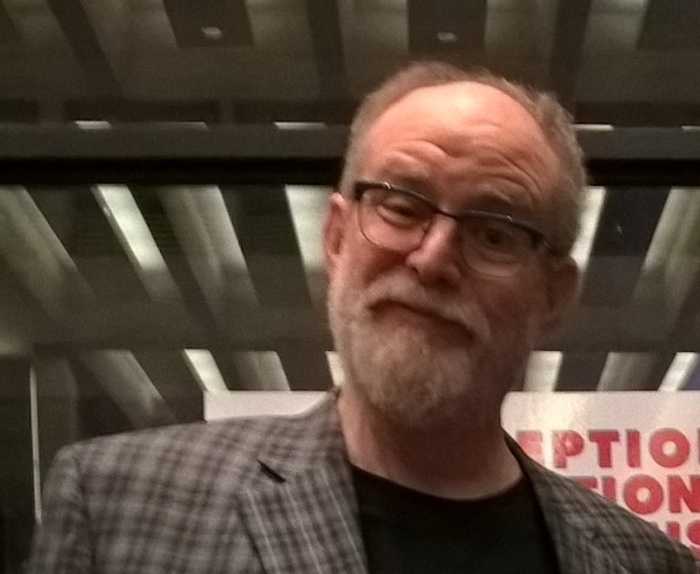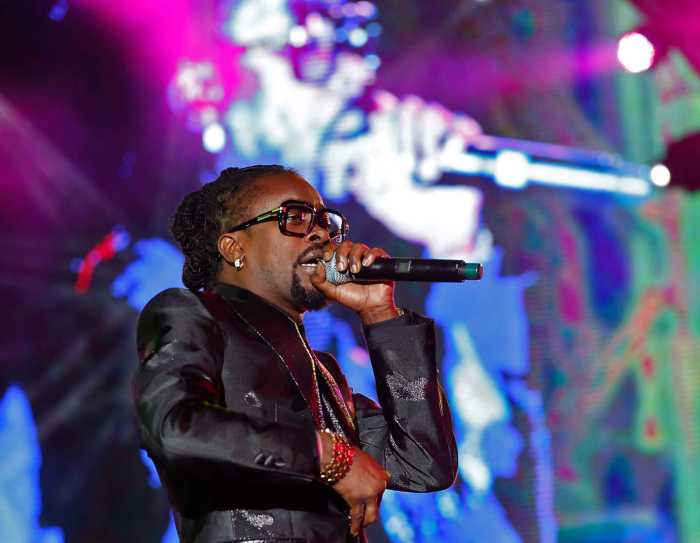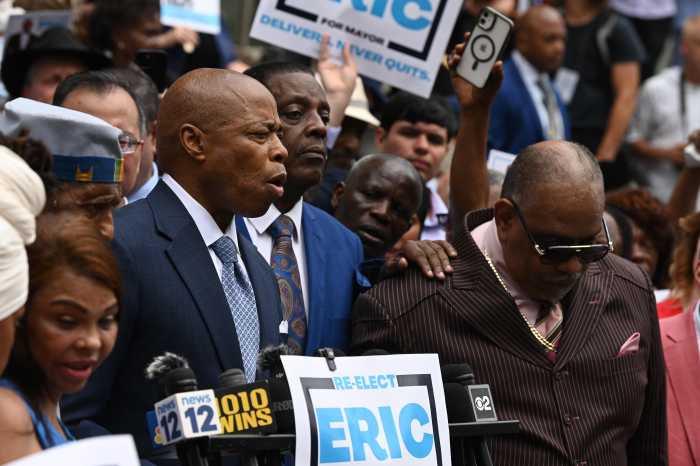David Kirby, a former New York Times contributor, author, and activist for LGBTQ issues, autism, the environment, and civil liberties, died on April 16 in Puebla, Mexico, after a brief illness. He was 62. Known for his investigative journalism, Kirby authored several influential books, including “Death at SeaWorld,” about the plight of captive marine mammals, and “Animal Factory,” which exposed the horrors of industrial farming.
David Kirby grew up in California, attended UC Santa Barbara, and graduated from UC Berkeley before moving to New York City in 1982. In the mid-’80s, he worked for Pete Hamill at the Mexico City News, covering politics, wars, and corruption in Central America. Back in New York in 1988, he joined ACT UP, became a staff member for City Council President Carol Bellamy, and a staff adviser to David Dinkins’ mayoral run in 1989. He began writing for OutWeek Magazine shortly after its founding and later became director of public information at amfAR, where he worked closely with Elizabeth Taylor. In 1995 he published LISP Magazine, which skewered homophobia and gay assimilationism. He also founded and ran his own public relations firm.
Kirby’s major impact as an investigative journalist began in 2005 when he published “Evidence of Harm,” which explored the hypothesis that mercury in vaccines was causing the steep rise in childhood autism. When it was written, this was a hotly debated theory and the book became a New York Times bestseller and won the 2005 Investigative Reporters and Editors award for best book. As the years passed, however, scientific consensus shifted decisively away from the autism-vaccine thesis, and Kirby was criticized by many in the medical establishment for promoting an anti-vaccine agenda. He eventually distanced himself from that position.
Kirby’s next book, “Animal Factory,” focused on the inhumane treatment of animals in factory farms and the environmental devastation caused by such massive operations. This was followed by “Death at SeaWorld,” which investigated the death of orca trainer Dawn Brancheau in 2010. Kirby exposed the inhumane conditions of captive orcas and showed that Brancheau’s death was merely one in a number of brutal attacks at such theme parks. It was released in conjunction with the documentary “Blackfish” and is currently in development as a TV miniseries.
His final investigative book, “When They Come for You,” examined how government agencies trample individual freedoms through unwarranted searches, SWAT raids, and seizing private assets for government profit. His four investigative books earned him thousands of passionate fans in the autism, environmental, animal rights and civil liberties movements, and he maintained a lively presence on social media. He was also the author of “Upper East Bride,” a satire on the foibles of New York’s one percent.
Kirby was a passionate cook, gardener, and lover of all things Mexican. He and his partner Carlos Jimeno had recently renovated a villa in Puebla, Mexico, a job he detailed to his many Facebook friends and followers. The couple had previously renovated a former bungalow colony in upstate New York. At his death, he was working on a memoir of his time traveling the world with Elizabeth Tayor for amfAR.
David Kirby is survived by his longtime partner Carlos, his sister Nancy Kirby Bue and her children Michael and Jennifer.

